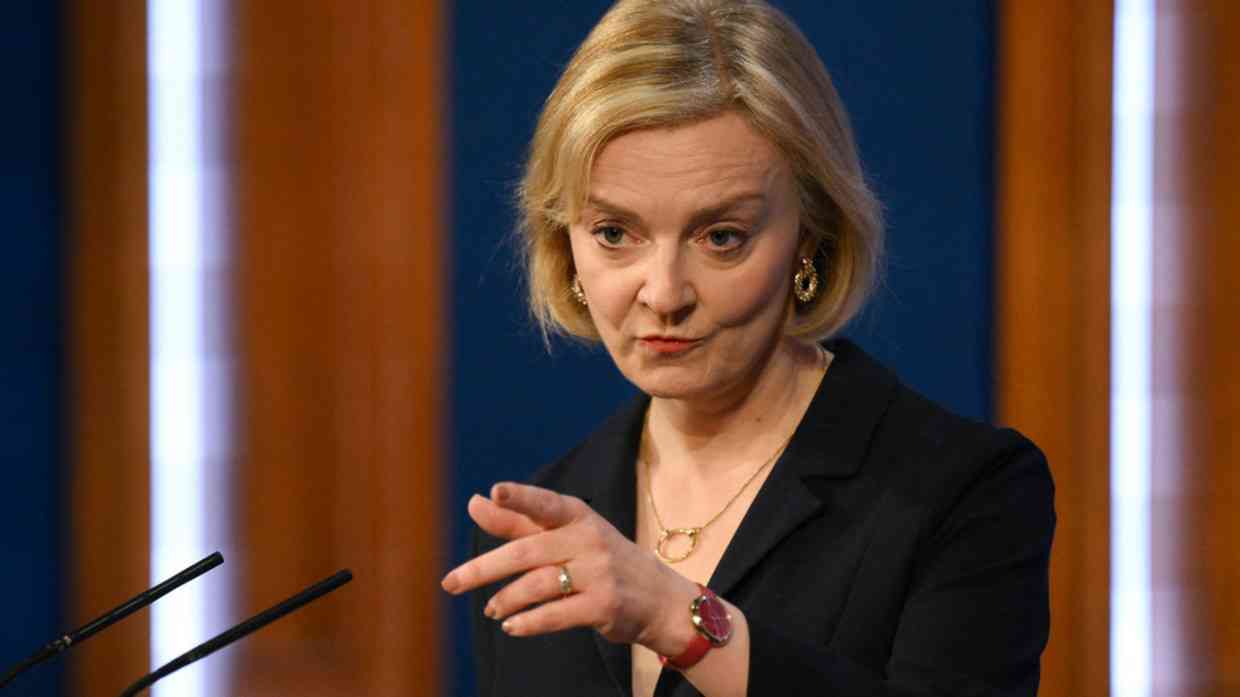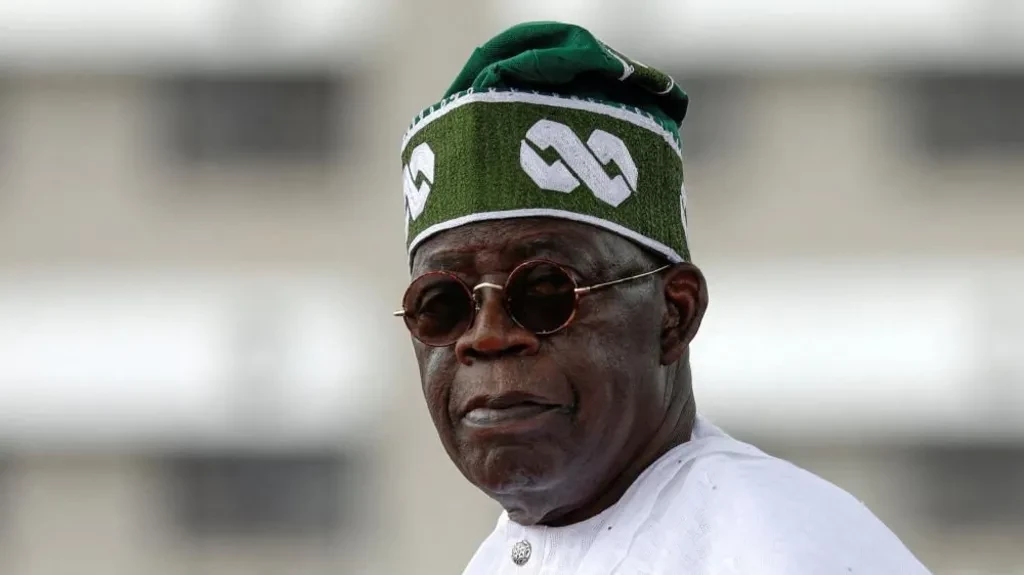
U.K. Prime Minister Liz Truss resigned Thursday following a failed tax-cutting budget that rocked financial markets and which led to a revolt within her own Conservative Party.
Truss said in a statement outside Downing Street: “We set out a vision for a low-tax, high-growth economy that would take advantage of Brexit.”
“I recognize though, given the situation, I cannot deliver the mandate on which I was elected by the Conservative Party. I have therefore spoken to His Majesty the King to announce that I am resigning as leader of the Conservative Party.”
Her resignation follows a meeting with Graham Brady, the Conservative politician that is in charge of leadership votes and reshuffles. Brady chairs the 1922 Committee — the group of Conservative MPs without ministerial positions who can submit letters of no confidence in the prime minister.
Just before the meeting, a Downing Street spokesperson told reporters Truss wanted to stay in office.
During the hour the meeting lasted, the number of MPs publicly calling for Truss to step down reached 17. The number who have written letters to Brady expressing no confidence in the prime minister was reported to be over 100 by Thursday.
Truss said outside Downing Street that she and Brady had agreed the party would complete a leadership election within the next week.
Opposition parties Labour, the Scottish National Party and the Liberal Democrats called for an immediate general election on Thursday afternoon. Labour leader Keir Starmer said: “The Conservative Party has shown it no longer has a mandate to govern.”
- Liz Truss to become UK's next PM after winning Conservative race
- The prime ministers who served under Queen Elizabeth II
- EPL postpones weekend fixtures following death of Queen
- Commonwealth Fellow goes down memory lane
Keep Reading
Controversial ‘mini budget’
Truss was appointed prime minister on Sept. 6, just two days before Queen Elizabeth II passed away after 70 years on the throne.
On Sept. 23, Truss’ finance minister, Kwasi Kwarteng, announced a so-called “mini-budget” which began a turbulent period for U.K. bond markets which balked at the debt-funded tax cuts he put forward. Most of the policies were reversed three weeks later by the second finance minister, Jeremy Hunt.
Truss beat Rishi Sunak to become leader of the Conservative Party following the resignation of Boris Johnson on July 7. Sunak is now one of the favorites to replace Truss, along with Hunt, another leadership contender Penny Mordaunt, Defense Minister Ben Wallace and former Prime Minister Boris Johnson.
The resignation leaves the status of the Conservatives’ expected budget update on Oct. 31 uncertain, but Truss said the leadership handover would “ensure we remain on a path to deliver our fiscal plans.”











